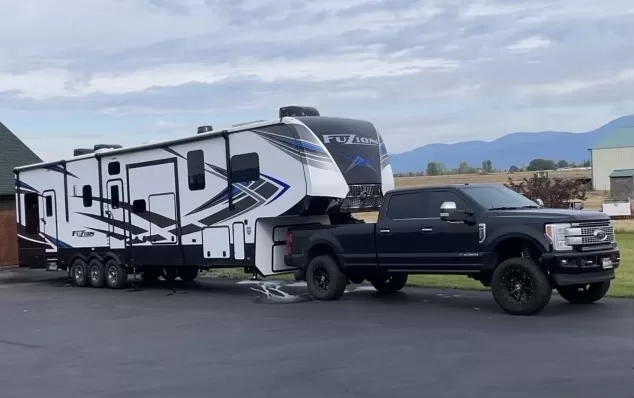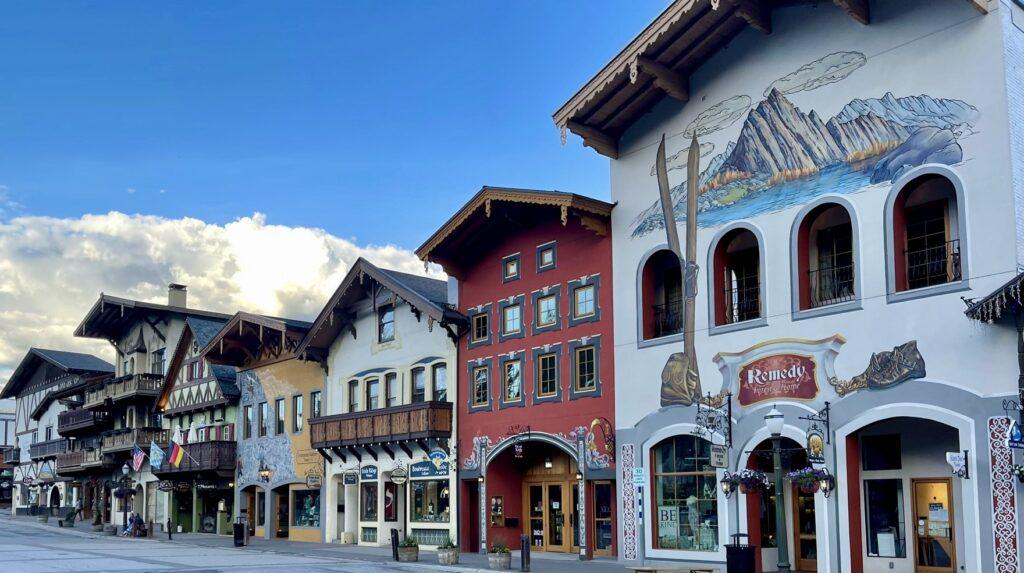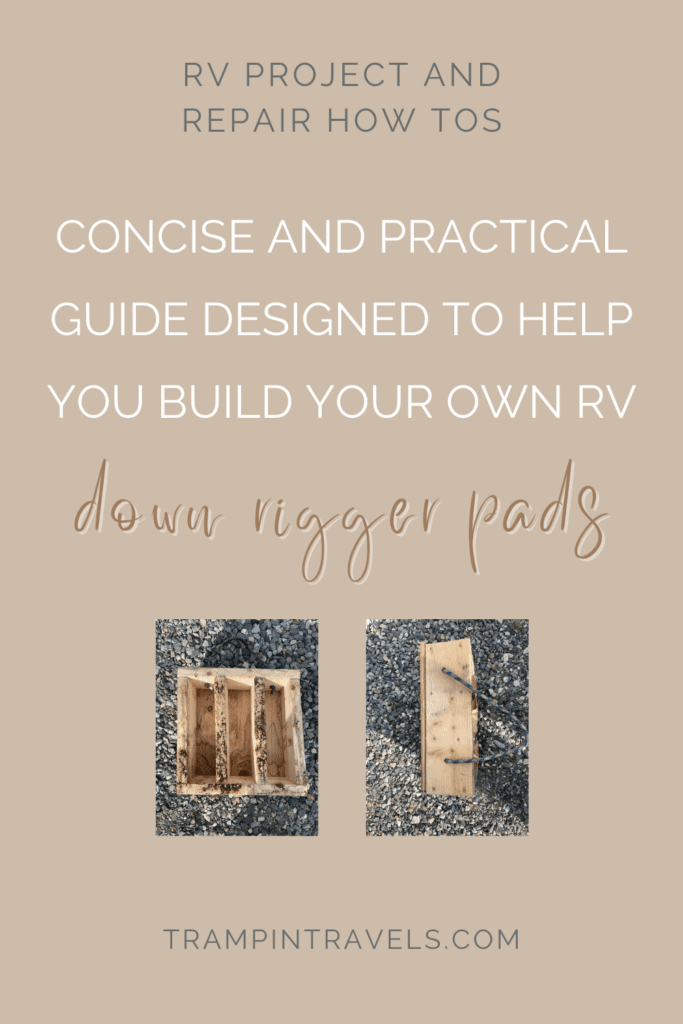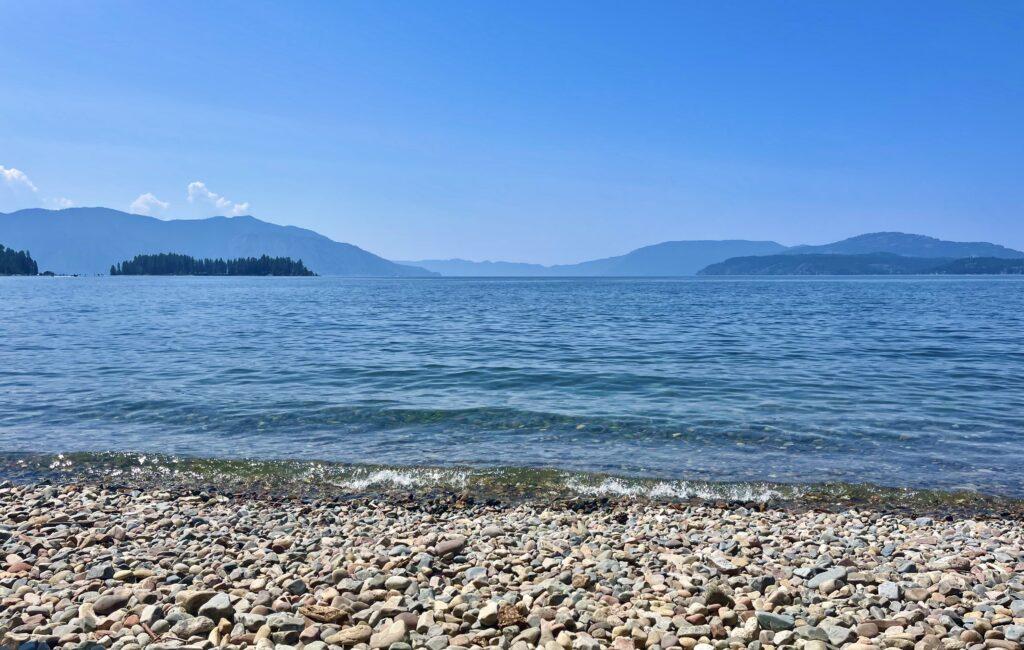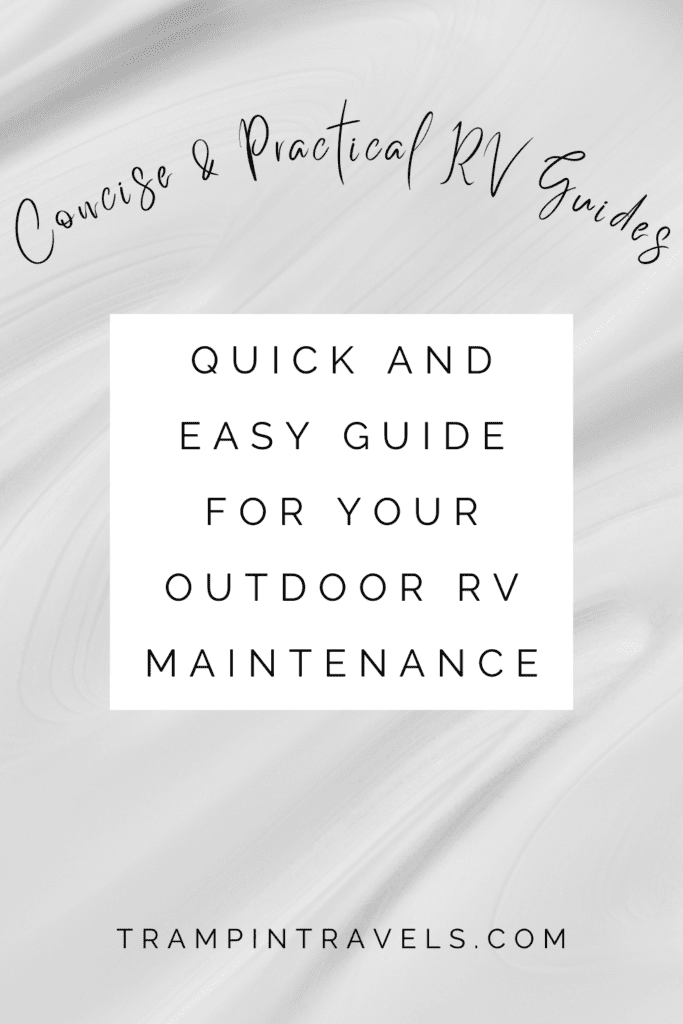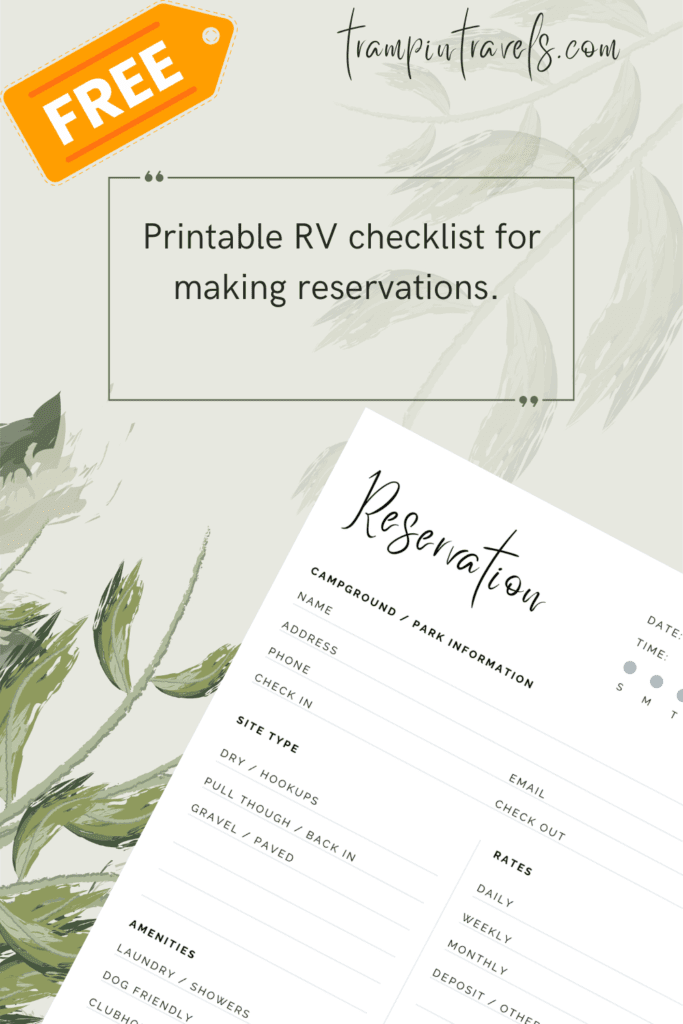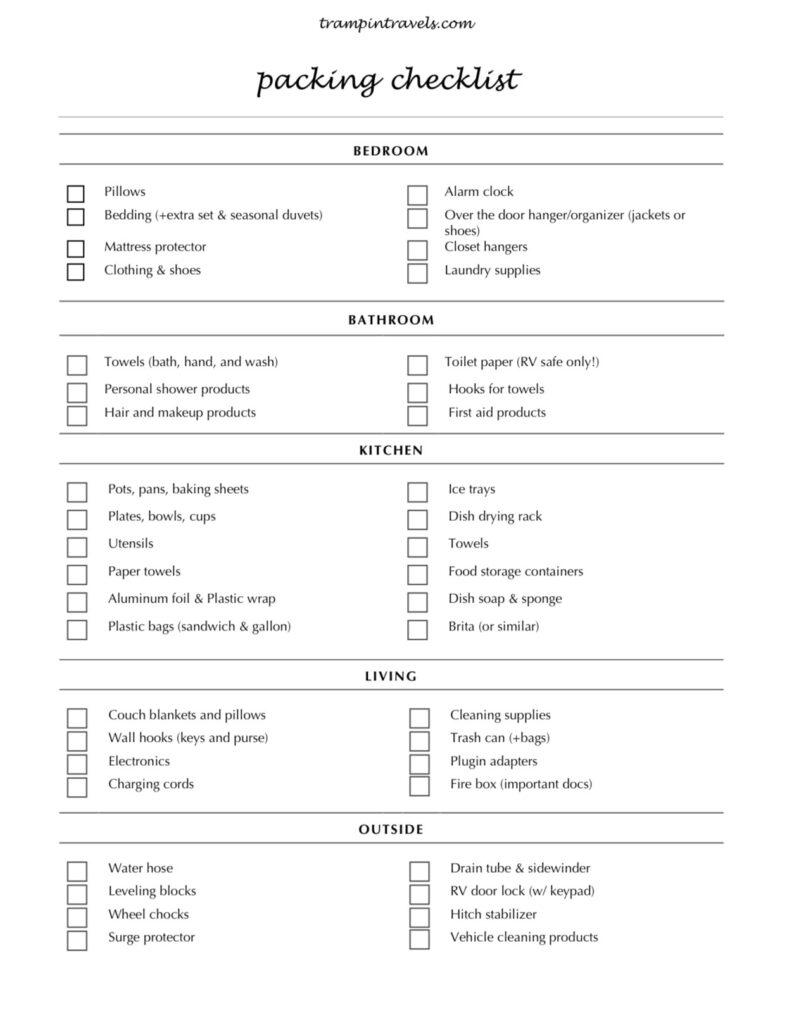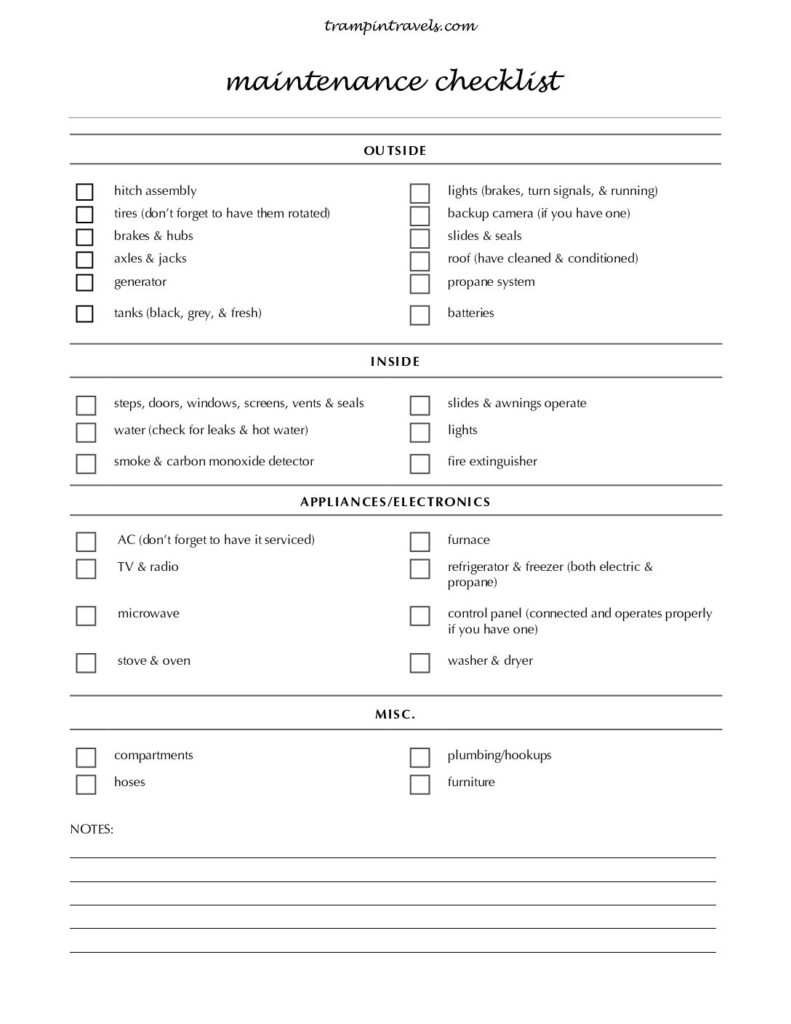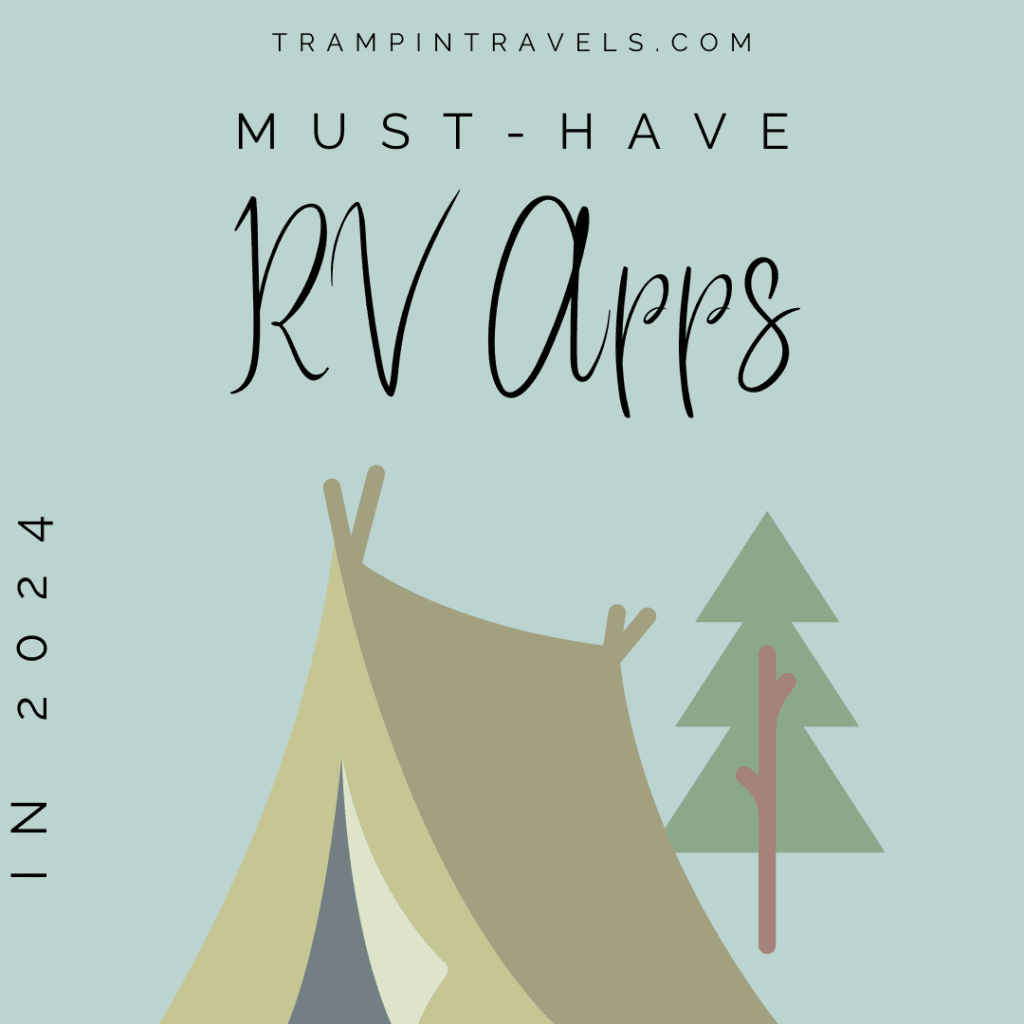In recent years, RV living has captured the imaginations of many, promising freedom, adventure, and a unique lifestyle. Whether you’re considering a nomadic existence or simply a more flexible way to travel, living in an RV presents a range of benefits and challenges. Let’s explore the pros and cons of this lifestyle.

the pros of RV living
freedom and mobility
- Pros: One of the most significant advantages of RV living is the freedom it offers. You can travel wherever and whenever you want, with your home on wheels.
- Cons: Constantly moving can be tiring, and finding suitable places to park or camp can sometimes be a challenge, especially in popular tourist areas.
cost savings
- Pros: RV living can be more affordable than traditional housing. You save on rent or mortgage payments, property taxes, and even utility bills.
- Cons: Maintenance costs for RVs can add up, especially if unexpected repairs are needed. Fuel costs can also be substantial if you’re driving long distances frequently.
close to nature
- Pros: Living in an RV often means being closer to natural environments. You can wake up to stunning landscapes and enjoy outdoor activities right outside your door.
- Cons: Weather extremes can affect comfort levels, and remote locations might lack amenities such as internet access or reliable cell service.
minimalistic lifestyle
- Pros: RV living encourages a simpler, less cluttered way of life. You’re forced to prioritize what’s essential and can experience the freedom of owning less stuff.
- Cons: Space constraints mean you must carefully choose what to bring, and living in close quarters can be challenging for some people, especially families.
community friendships & connections
- Pros: The RV community is often tight-knit and supportive. You can meet fellow travelers and share experiences, creating lasting friendships.
- Cons: Constantly being on the move can make it harder to maintain long-term relationships or feel rooted in a community.
the cons of RV living
limited space and (sometimes) comfort
- Pros: RVs come in various sizes, but even the largest can feel cramped compared to a traditional home. However, modern RVs often have clever space-saving designs.
- Cons: The limited space can make activities like cooking or working challenging. Storage space is at a premium, requiring careful organization.
maintenance and repairs
- Pros: Like any vehicle, RVs require regular maintenance to stay in good condition. Being proactive can prevent more significant issues down the road.
- Cons: Repairing an RV can be costly and inconvenient, especially if you’re far from a service center. DIY repairs are possible but require skills and tools.
legal and other practical considerations
- Pros: Regulations regarding where you can park or camp vary widely. Many places cater to RVs with dedicated facilities and services.
- Cons: Navigating different laws and regulations across regions or countries can be complex and may limit your freedom to roam.
social mental & emotional challenges
- Pros: RV living can be liberating, but it can also be isolating. Adjusting to a constantly changing environment and saying goodbye to newfound friends can be emotionally taxing.
- Cons: Personal space and privacy can be limited, particularly if you’re traveling with others or in crowded campgrounds.
adaptability
- Pros: Living in an RV requires adaptability and resilience. You’ll learn to embrace uncertainties and find joy in the unexpected.
- Cons: Uncertainty can also be stressful. Weather, mechanical issues, or sudden changes in plans can disrupt your lifestyle.
RV living isn’t just a lifestyle choice; it’s a mindset that embraces freedom, adventure, and simplicity. While it offers unparalleled opportunities for exploration and a unique way to experience life, it also comes with challenges that require careful consideration and planning. Whether you dream of traveling the open road or seeking a more flexible way to live, understanding the pros and cons of RV living is essential in making an informed decision about this unconventional yet rewarding lifestyle.
Travel is not just about visiting new places. It’s about the connections we make, the stories we share, and creating memories.
See more by clicking the buttons.

